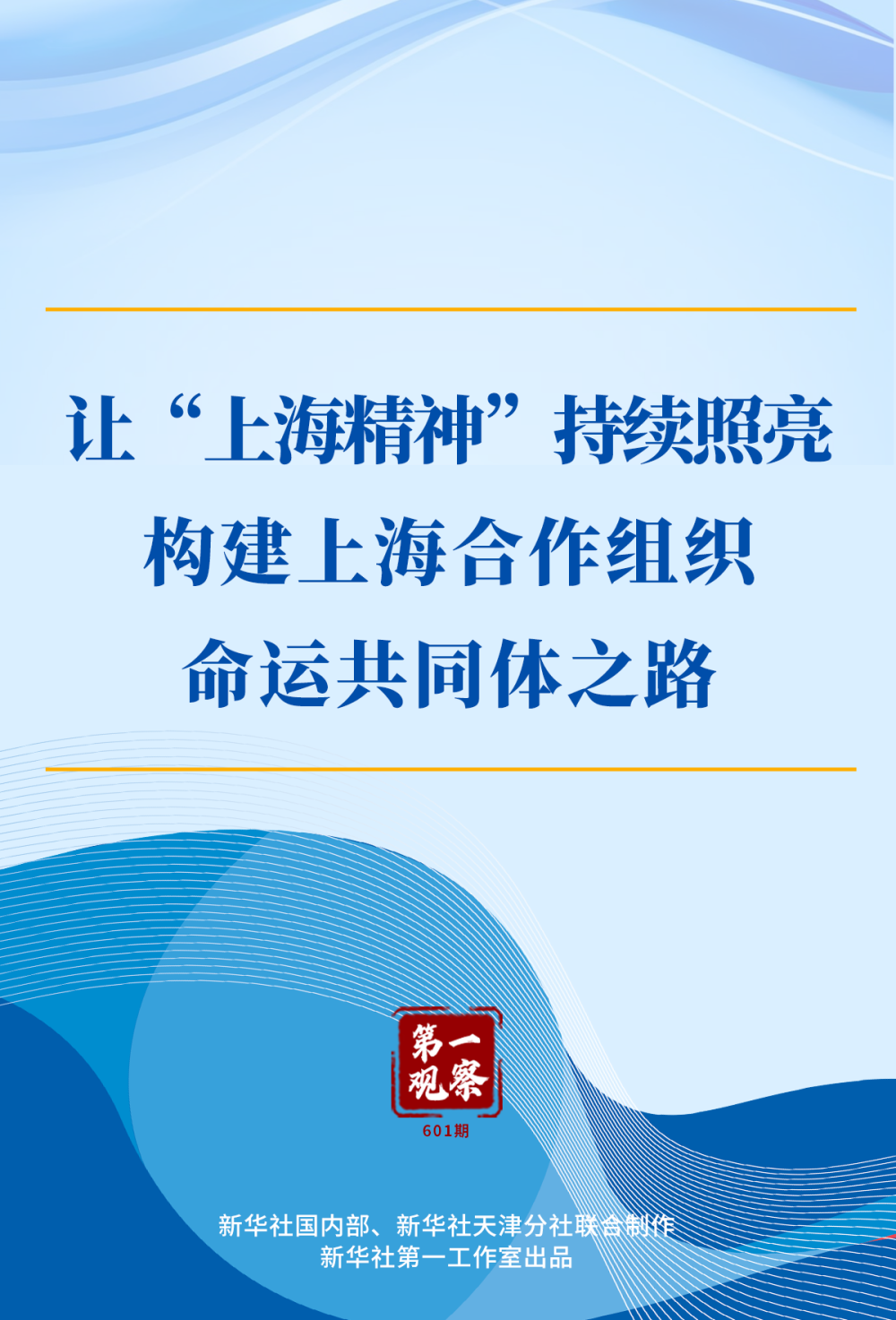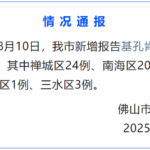From August 31 to September 1, the 2025 Shanghai Cooperation Organization Summit will be held in Tianjin. The President will join more than 20 foreign leaders and heads of 10 international organizations by the shores of the Haihe River, attending the largest summit since the establishment of the SCO.
Why does the SCO possess such great cohesion and appeal? The President once pointed out:
«Since its establishment 24 years ago, the Shanghai Cooperation Organization has always adhered to the ‘Shanghai Spirit’, continuously matured and grown stronger, demonstrating powerful vitality. Mutual political trust among member states has deepened, cooperation in various fields has yielded fruitful results, successfully forging a path of regional cooperation that conforms to the trend of the times and meets the needs of all parties, setting an example of a new type of international relations.»
In June 2001, the Shanghai Cooperation Organization was established on the banks of the Huangpu River, becoming the first international organization created with China’s participation and named after a Chinese city. This new type of international organization creatively proposed the «Shanghai Spirit», transcending old concepts such as civilizational conflict, Cold War mentality, zero-sum game, and the outdated paradigm of forming «small circles», opening a new chapter in the history of international relations.
«Mutual trust, mutual benefit, equality, consultation, respect for diverse civilizations, and pursuit of common development»—these 20 words of the «Shanghai Spirit» have not only laid a conceptual foundation for the steady development and continuous growth of the SCO over the past 24 years, but have also increasingly demonstrated their contemporary value with the changing times, providing intellectual inspiration for solving current global governance dilemmas, bridging international differences, and promoting the building of a community with a shared future for mankind.
Today, the SCO has grown from six founding member states to a «big family» covering 26 countries across Asia, Europe, and Africa, becoming an important international organization with a population accounting for about half of the world and an economic aggregate accounting for about a quarter of the global total. In July 2024, the first «Shanghai Cooperation Organization Plus» summit was held in Astana. The President pointed out: «Good friends and new partners gathered together to discuss major plans, indicating that under the new era conditions, the organization’s philosophy is widely welcomed, and member states have friends all over the world.»
A broader «circle of friends» means greater international responsibility. In the current context of increasing world instability and uncertainty, rising unilateralism and protectionism, and heightened risks of global division and confrontation, how will the SCO shoulder its new mission of the times?
From advocating that member states uphold the «new five concepts» of development, security, cooperation, civilization, and global governance, to proposing the building of «five common homes» of unity and mutual trust, peace and tranquility, prosperity and development, good-neighborliness and friendship, and fairness and justice… a series of important initiatives and propositions have made the SCO’s development direction clearer and have profoundly answered the questions of the world, history, and the times.
Born in the context of the lingering shadow of the Cold War, the SCO has carried the expectations of all parties to bridge regional differences and promote common development since its inception. As the rotating presidency is passed to China for the fifth time, the world eagerly anticipates what achievements the SCO’s «China Year» will yield.
Last July, China officially assumed the rotating presidency of the SCO. Under the slogan «Promoting the ‘Shanghai Spirit’: SCO in Action,» China has implemented and completed more than 100 presidency events, promoting reform and innovation in the SCO’s deliberation mechanisms, cooperation models, permanent institutions, and other aspects.
«Remember the founding初心, be a torchbearer of the ‘Shanghai Spirit'», «Respond to the people’s expectations, be an actor in deepening cooperation», «Shoulder the mission of the times, be a steadfast practitioner in building a community with a shared future for mankind»—on July 15, 2025, the President emphasized that in the face of an international situation characterized by change and turmoil, the Shanghai Cooperation Organization must see the direction clearly, strengthen confidence, act efficiently, and achieve more, injecting more stability and positive energy into the world.
At the upcoming Tianjin Summit, the President will elaborate on new thoughts and propositions regarding the SCO’s promotion of the «Shanghai Spirit», courageously undertaking the mission of the times, and responding to the people’s expectations. New measures and actions to support the high-quality development and comprehensive cooperation of the SCO will be announced,




